I am five weeks postpartum and have my six-week postpartum checkup with my OB next week. Before my baby arrived, I made a plan with my OB to get an IUD put back in at that appointment. But now that I’m a few days away from the appointment, it just feels so soon and I’m having some apprehension. I feel like my body and hormones are still recovering and re-regulating, and I’m not sure about re-introducing hormonal birth just yet. I searched a bit online and saw some organizations recommending waiting until after eight weeks, but I can’t tell if this is an evidence-based recommendation. Do we have any data for the best timing to restart birth control?
—Data lover
Congratulations! There is a lot going on physically and emotionally in those early postpartum days. It is not surprising you are feeling a little vulnerable.
Interestingly, our reproductive hormones start to make the shift from pregnancy levels to non-pregnant levels the minute the placenta is delivered. Estrogen and progesterone are back to prepregnancy levels by about four weeks postpartum, if you are breastfeeding. Breastfeeding hormones act on the pituitary gland to keep the follicle-stimulating hormone and luteinizing hormone — the hormones that help mature an egg and trigger ovulation — low. As a result, it is normal not to get your period back for several months, especially if you are breastfeeding around the clock.
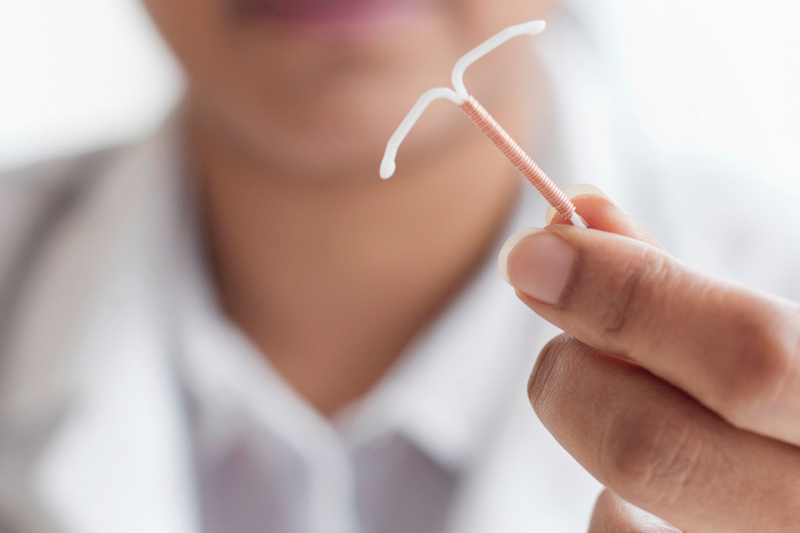
Women who aren’t breastfeeding typically ovulate 45 to 90 days postpartum, though some women ovulate as few as 23 days after delivery. Ovulation in women who are breastfeeding is much more variable due to a number of factors, including how frequently you are breastfeeding and your particular body’s response to the hormones of breastfeeding.
There are two reasons you typically make a plan for contraception at the six-week postpartum visit. First, this is before most women will ovulate after delivery. Second, you will already be at the doctor’s office.
Studies like this one that look at the best timing for having an IUD placed actually look at placing IUDs even earlier — at two to four weeks postpartum, compared with the conventional six- to eight-week window. They mostly focus on whether placing an IUD earlier is more likely to come out on its own. It turns out IUDs placed as early as two weeks postpartum stay put just as well as those placed later.
Ultimately, only you know if you are ready to have an IUD placed. But if you do decide to put it off and you are having sex, be sure to use another form of contraception, like condoms, to avoid an unwanted pregnancy.
Community Guidelines















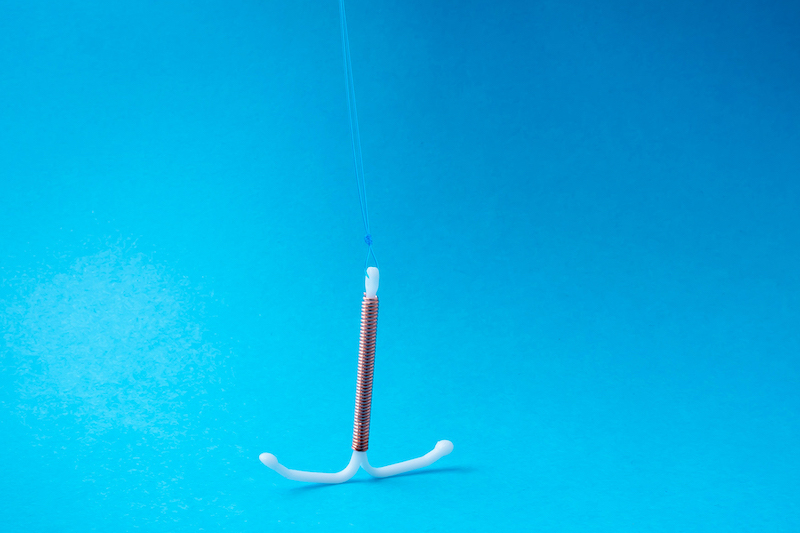
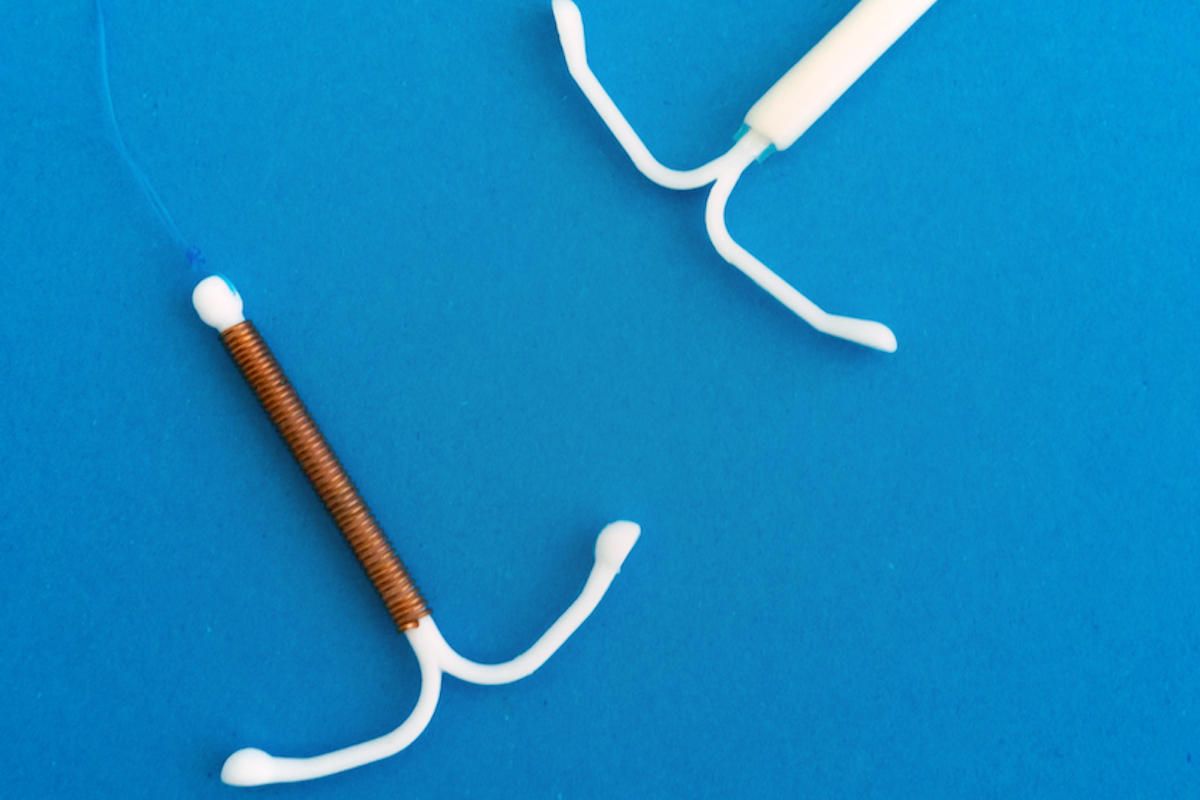
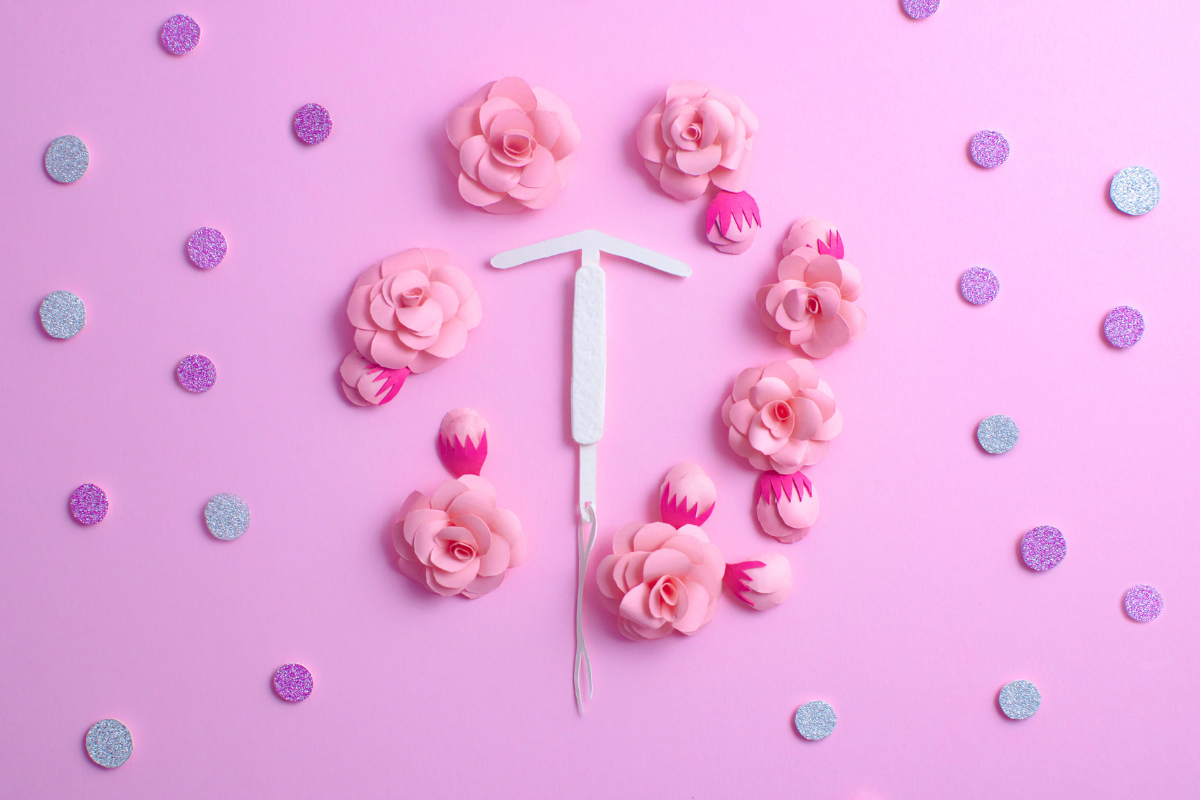
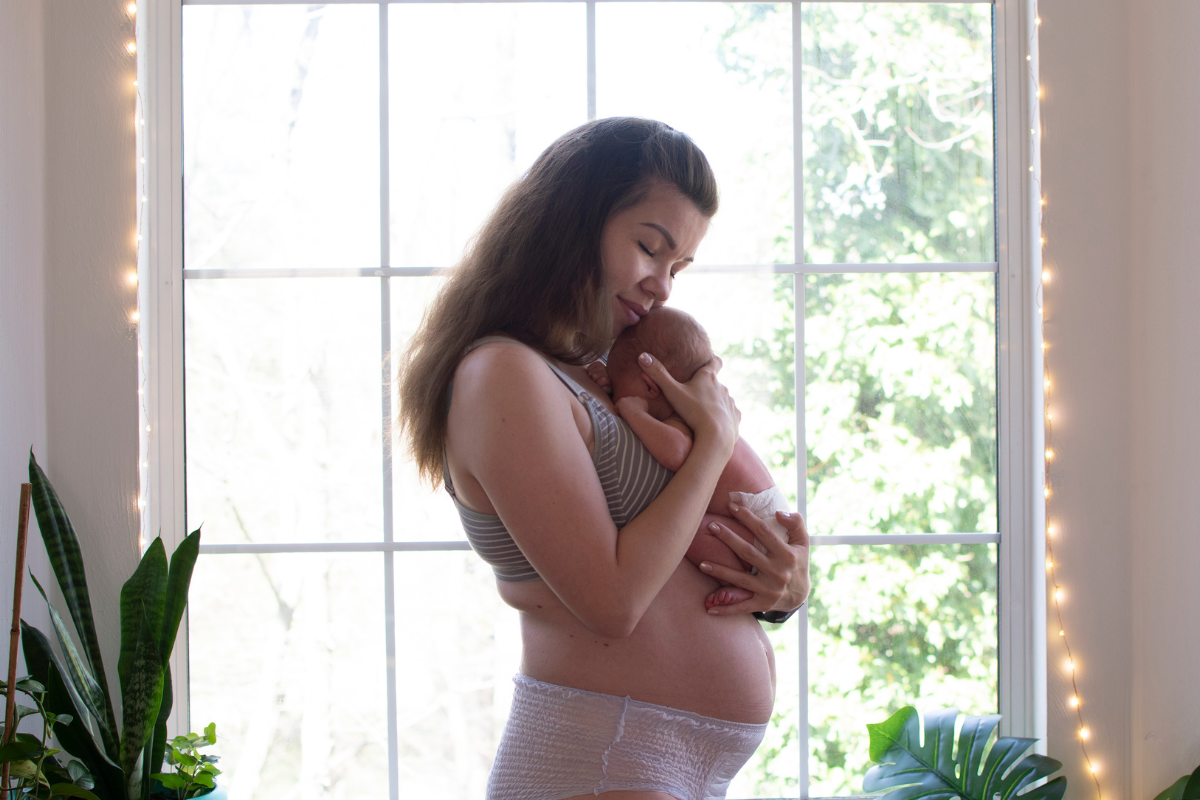

Log in